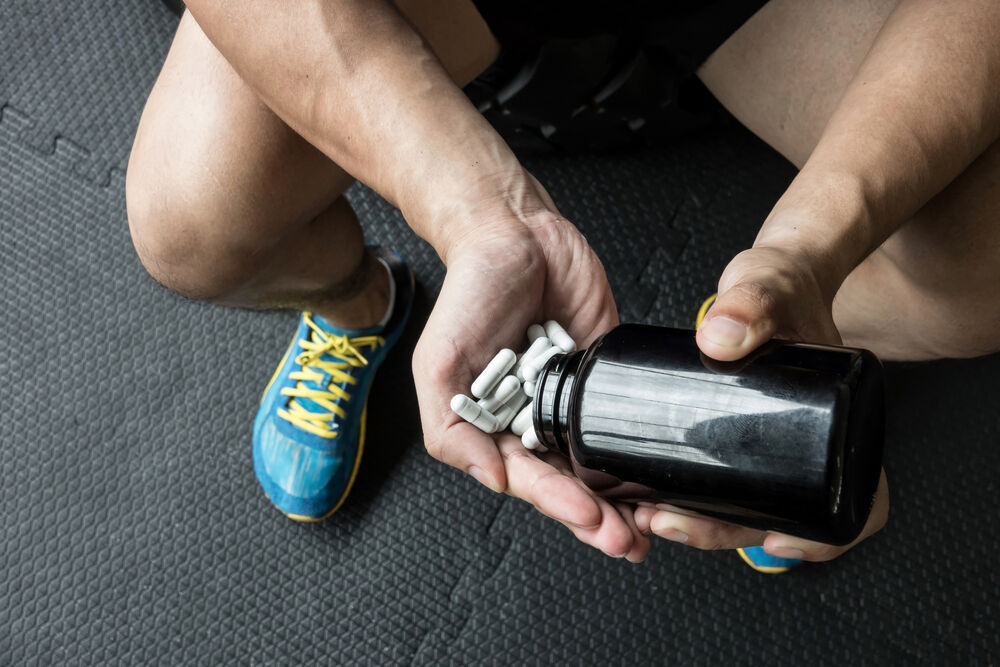
The Benefits Of Taking Krill Oil
Krill are tiny shrimp-like animals. They are an excellent source of omega-3 fatty acids, which your cells require to perform important functions and health benefits. The omega-3 fatty acids in krill oil are stored in a different biochemical form than fish oil. In krill oil, much of the fatty acid is stored as phospholipids. These have a simpler digestive process than other forms of fatty acids while research shows that your body can absorb the fatty acids in krill oil more easily than it can from fish oil or plants.
Health Benefits of Krill Oil
- Krill oil contains a very potent antioxidant called astaxanthin. Antioxidants protect your cells from damage from free radicals. Free radicals form when your body oxidizes the air that you breathe, breaks down foods, or encounters environmental hazards like smoke and radiation.
-
Like fish oil, krill oil contains fatty acids that can help reduce cholesterol and triglycerides in your blood and improve circulation.
-
Studies have found that krill oil can help women manage the emotional symptoms of premenstrual syndrome and painful periods. Women who supplemented with krill oil during periods needed to take less pain killers.
- Studies show that krill oil can reduce the inflammation of arthritis. A recent study found that krill oil reduced arthritis pain and stiffness within one to two weeks.
-
Studies have looked at whether krill oil supplements can improve brain function. Early results in animals say yes. Researchers in Norway found that rats given krill oil supplements performed better on skills tests. They also found that krill oil produced effects similar to those of antidepressants.
- Krill oil has the ability to improve skin texture, reduce wrinkles, ease the itchy red plaques of psoriasis, strengthen nails, and make hair appear thicker. Krill eat algae, and a study in the Journal of Agricultural and Food Chemistry reported that astaxanthin found in algae protected rats from skin cancer.
Krill Oil and Sports Performance
Whilst krill oil is mainly known for its health boosting properties, more recently it’s been the sports performance enhancing properties of it that has made the headlines. Research has shown that athletes with higher levels of EPA and DHA (contained within krill oil) have improved heart rate recovery and exercise capacity.






No Comments yet!